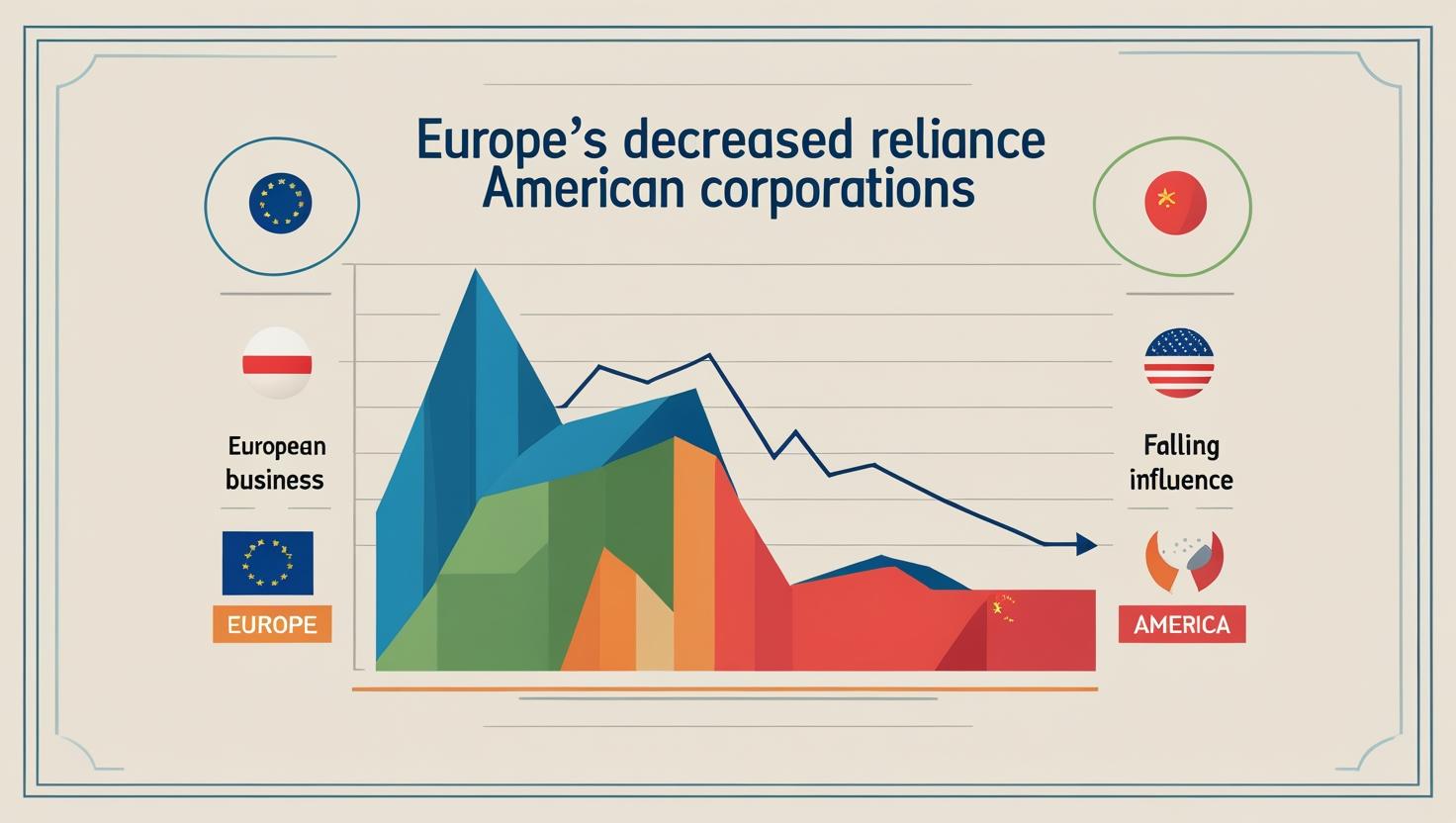

Europe is reducing its dependence on American corporations
The closeness and political proximity of US technology companies to Donald Trump's possible second term has led to a new wave of demands for 'digital sovereignty' across Europe. European Union countries are concerned about the risks of personal data, internet control and political influence.
According to analysts, Europe is now not just a user of technology - it is moving towards creating its own software, cloud services and artificial intelligence-based infrastructure, so as not to have to rely on American corporations anymore.
Concerns about US influence:
Influential US politicians JD Vance and Senator Marco Rubio have recently made public comments that have spread concern in Europe. According to their comments, big technology companies can control foreign data under the pretext of 'national security'. In the meantime, there is a tendency among European users to turn to alternative services. For example, the use of the eco-friendly European search engine Ecosia in Europe has increased by 27 percent, and the use of the Swiss-based secure email service ProtonMail has increased by 11.7 percent.
Initiative to build Europe’s own technology
The European Union is taking constructive steps to achieve ‘digital sovereignty’. A large-scale plan called EuroStack has already been launched, which aims to build an independent European technology infrastructure. It includes: own cloud services, investment in AI and chip technology, incentives for the development of connectivity and software, and ensuring that local companies are given priority in buying digital products
The Dutch parliament has already passed a resolution asking whether they are “ready to hand over their citizens’ data to Trump, Zuckerberg and Musk?” — a question that has been raised.
Europe faces major challenges
However, Europe faces major challenges on this path. Currently, 66 percent of the European cloud services market is occupied by US technology companies such as Amazon, Microsoft and Google. European companies have a share of only 2 to 13 percent.
Experts say that achieving technological sovereignty requires not only policies, but also a huge amount of long-term investment and political consensus.
In the current global political context, technological freedom or 'digital sovereignty' has become not only an economic but also a strategic security issue for Europe. Europe is trying to choose its own technological path today in order to protect citizens' information, free expression and the future of technology.
"Our data, under our control" - this is the ideal that Europe wants to move forward with, says a digital policymaker in Germany.

